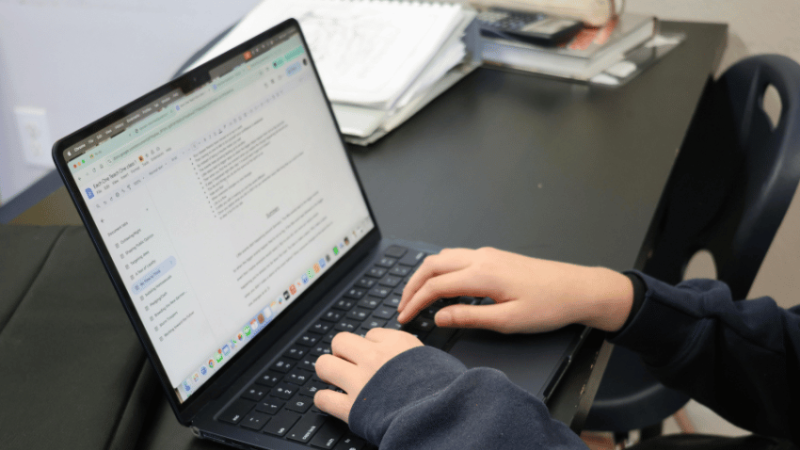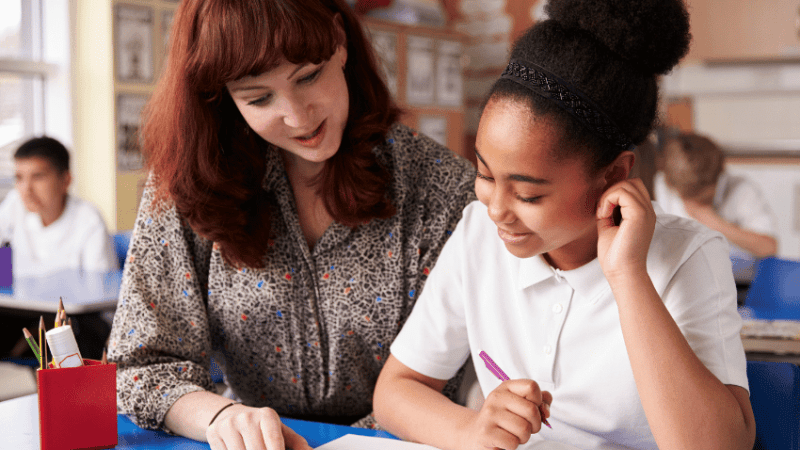6 Ways to Involve Parents with Computing

Even the most technophobic adults can be persuaded to engage with their child’s IT studies, says Terry Freedman…

- by Terry Freedman
- Independent education technology consultant, writer and trainer Visit website

1 | Run briefing evenings
A briefing evening can be a great way of helping parents to see what their child is doing in computing. Enlist the help of students, and provide examples of the applications they use by setting up a series of workstations each with a specific one loaded up. Have pupils’ work available, and examples of the manuals used. Create a self-running presentation that parents can view while waiting to have a go at one of the applications, and make it possible for them to print out a certificate to demonstrate their success. Oh, and don’t forget to provide refreshments…
2 | Be detailed
When producing reports, rather than just giving a grade and noting what the student could do to improve in general terms, provide context and be specific, if possible. For example: “The work this term involved writing and testing programs in Python using IF-THEN-ELSE statements and loops. Fred needs to be more careful in using the correct syntax for loops.” This needn’t be overly onerous; the first sentence can be a standard sentence appearing on every learner’s report, while the second can be achieved easily through a mail-merge with your marks spreadsheet (or other application).
3 | Use the website
Unfortunately, of course, it is not always possible to send out such detailed reports. The next best thing, then, is to have a parents’ section on the school website where they can see exactly what is being covered in computing in each term. It’s a legal requirement for schools to post their curricula online anyway, but there’s no harm in providing more detail if you can. It can be very beneficial if parents can log into the school website and view and comment upon their own child’s work, too. If this can be set up in your school, it’s a good way of involving families on a much more personal level.
4 | Hold parents’ classes
This is always a good idea, especially in the realm of e-safety. Many families worry about what their kids are up to on social media or how to prevent or deal with issues that can arise. Classes can help here, and also have the happy side effect, one hopes, of subtly reassuring parents that their child is in safe hands. Other topics are sure to be of interest, too – for example, what about a ‘programming for beginners’ session, or ‘get to grips with spreadsheets’? By helping parents build their own skills, you will be making it easier for them to understand and talk about what their children are learning.
5 | Engage the PTA
We all know that there there is never enough money for education technology. So why not enlist the help of the parents’ association? What works best is to have a specific purchase and funding requirement in mind, rather than a general expression of a desire for more money – and once the target has been achieved, it’s only polite to invite parents into school to see the new kit in action, and perhaps even try it out for themselves.
6 | Invite parents in
Finally, it won’t be the case that all parents are nervous when it comes to computing and its associated skills. Plenty will work in the technological sector – so, if you find out that a child’s mum, dad or carer has expertise in a particular area, why not invite them in to give a presentation to a class or two? And think laterally; if a student happens to mention that his grandmother used to program on a mini computer, for example, that would be a great example of living history and hugely interesting for learners if she could be persuaded to come in and talk to them about her experiences.
…and one for luck
Why not suggest a regular feature in school’s newsletter or blog, in which you relate one or two great things that students have done or discovered in the world of technology?
Terry Freedman is an independent consultant and freelance writer. He publishes the ICT and Computing in Education website at ictineducation.org. Details about the third edition of his book on how to get the most out of educational conferences may be found on his website, and you can follow him on Twitter at @terryfreedman.










